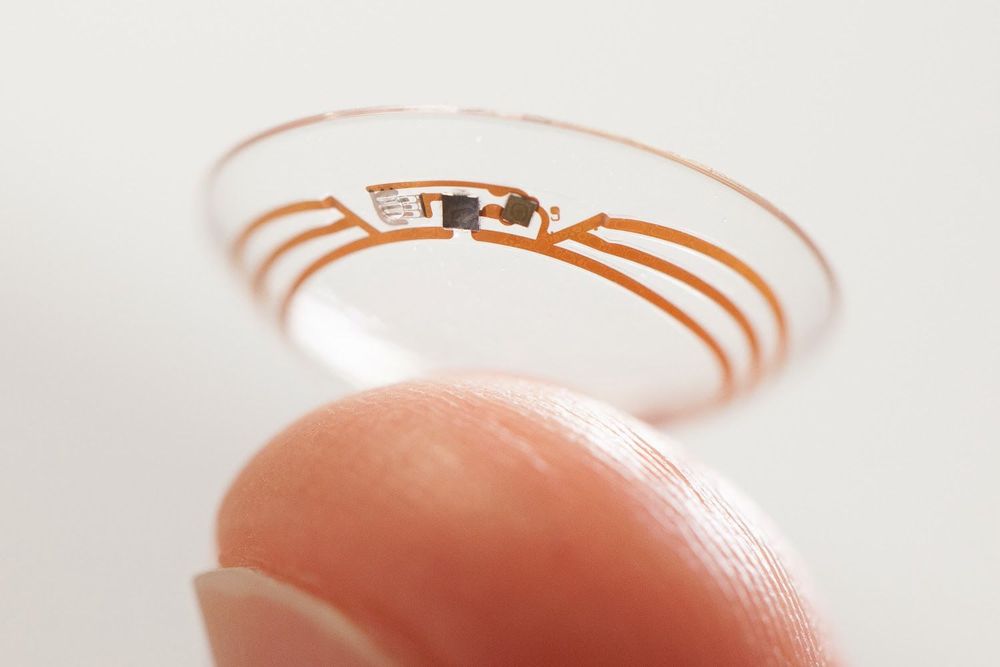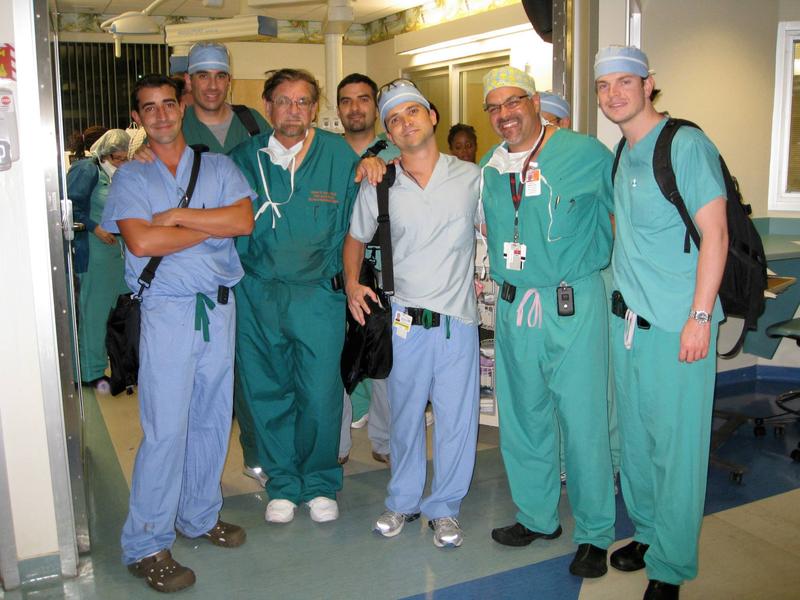Several newly published studies are reporting evidence affirming a growing hypothesis that links inflammation with cognitive deficits. As well as associating inflammation with the cognitive deficits seen in conditions such as bipolar disorder and Alzheimer’s, some research is even suggesting low-grade systemic inflammation in healthy subjects can result in mental sluggishness.
For some time patients suffering from chronic inflammatory conditions such as rheumatoid arthritis or inflammatory bowel disease have reported mild cognitive deficits in association with their disease. Despite a number of correlational studies finding connections between inflammation and cognitive performance, homing in on any clear causal links has been a little tricky for scientists.
“Scientists have long suspected a link between inflammation and cognition, but it is very difficult to be clear about the cause and effect,” explains Ali Mazaheri, from the University of Birmingham. “For example, people living with a medical condition or being very overweight might complain of cognitive impairment, but it’s hard to tell if that’s due to the inflammation associated with these conditions or if there are other reasons.”






